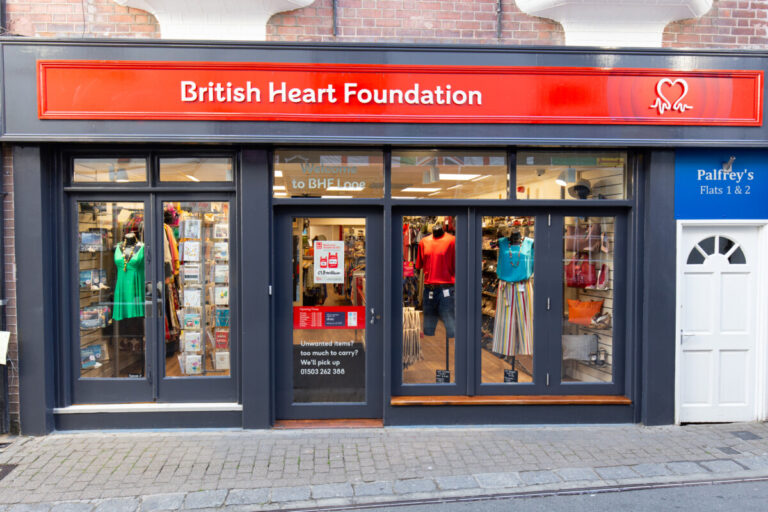Opportunity for charities as survey shows 84% of Brits hoard unwanted items

More than four out of five (84%) Brits have unused household items cluttering up their homes that could be donated to charity shops, according to a British Heart Foundation (BHF) survey.
On average, those holding onto unused household items wait almost a year and a half (17 months) before getting rid of them.
The survey, released to mark the launch of the BHF’s Declutter Challenge, which encourages people to have a clear out and donate their unwanted items, showed that the older people get, the more they hoard. Those aged 74+ tend to hold on to unused items for nearly three years (33 months), while Gen Z (16-23) will get rid of them within a year (10 months).
Advertisement
The figures also revealed tech and electrical goods are the most held onto possessions. The top five are:
1. Old electronic devices, such as old games consoles (32%)
2. Food making machines, such as pasta making machines, bread makers and slushy makers (25%)
3. Collectors’ items, such as coins, stamps, and collectors cards (24%)
4. Inherited jewellery, such as brooches (23%)
5. Musical instruments, such as recorders and guitars (18%)
On average, respondents have around eight items of clothes they no longer wear, up to four unused electronics or gadgets such as consoles, tablets, or phones, six pieces of unworn jewellery, six pieces of unused exercise equipment and five items of furniture that are unused in their house.
Allison Swaine-Hughes, Retail Director at the BHF, said:
“It’s surprising to see that, despite the rise in people decluttering their homes during the pandemic and popular trends like the Marie Kondo effect, we’re still a nation of hoarders.
“In particular, people are often unsure of what to do with good quality electronic items that they no longer use, such as tablets, phones and consoles. However, we love to receive preloved electronic goods, such as TVs, washing machines, fridges, consoles, tablets and laptops that are in good working condition. We check these items against a product recall list and put them through function and PAT (Portable Appliance Testing) testing, to ensure they are safe to use and fit for purpose.
“We train all of our shop teams to recognise the true value of donations. Any high value items or unique pieces of electronics or technology are sent to our eBay shop, where our experts will wipe any devices using an effective software tool called Blancco Data Erasure. These items are then listed on the auction site to ensure the BHF can raise as much money as possible.”
When asked what reason they had for having unused items in their homes, nearly two in five (37%) respondents said they couldn’t be bothered to sort through old items, while nearly a quarter (23%) said they were unsure of how to get rid of things. More than one in seven (15%) said they didn’t have time to visit a charity shop to donate.
This year the BHF expects to save around 71,000 tonnes of goods from going to waste by selling over half a million pieces of living room furniture, including 250,000 sofas, and 14,000 tonnes of preloved clothes. In a year, through the reuse and recycling of donated items the BHF also estimates that it will prevent 135,000 tonnes of CO2 emissions being released into the atmosphere.
As well as its charity shops, BHF has a store on fashion marketplace app Depop. Last year, the charity announced it was expanding on a trial with Depop to train more staff to list items directly on the app. At the time it had already made £10,000 from its Depop shop. Last June too, it launched a post-to-donate service to help people safely give as the UK exited lockdown.



